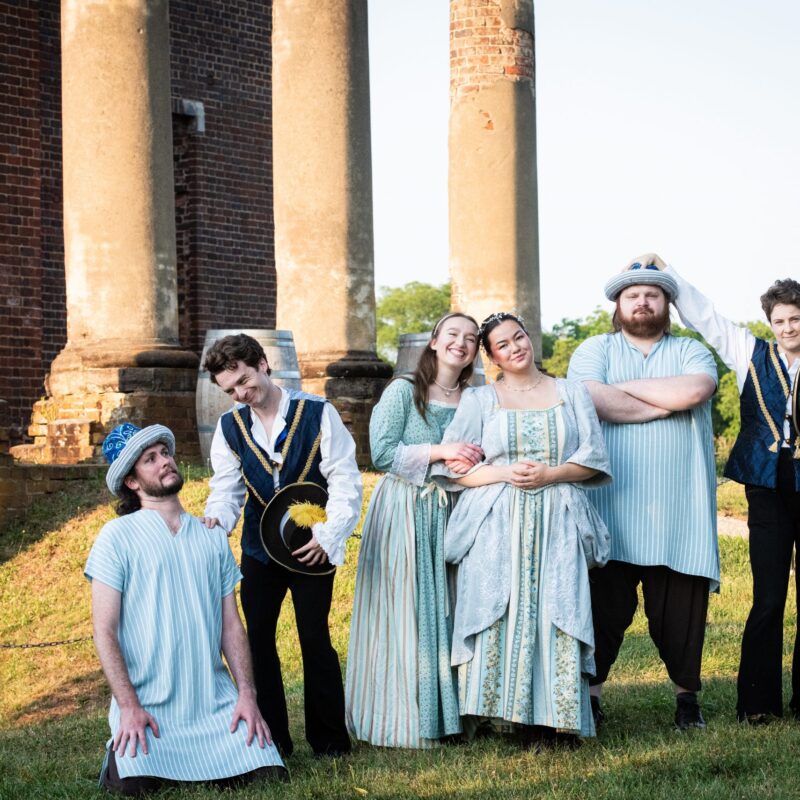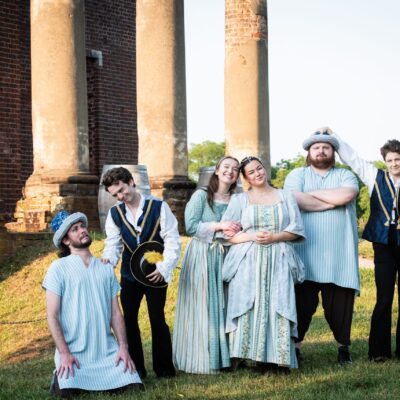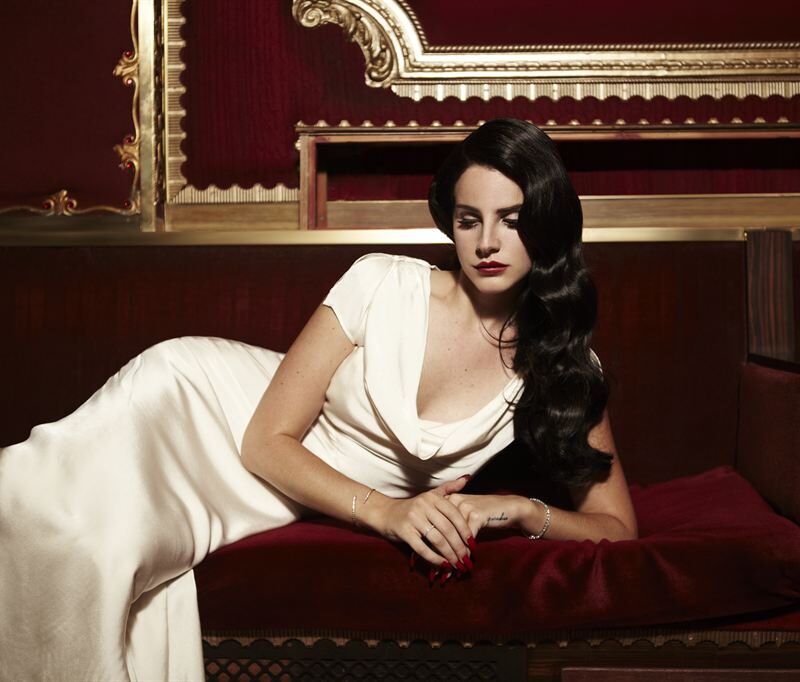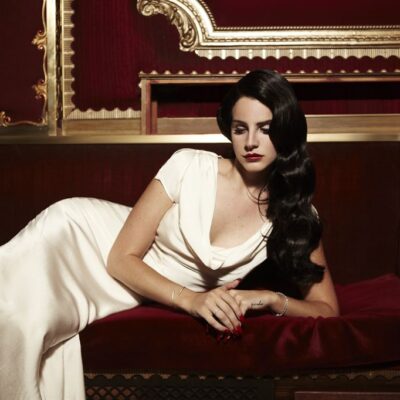When A$AP Rocky took the stage at the Jefferson Theater on Monday night, it was with a graciousness uncommon to more veteran acts. He seemed happy to be there. A year ago, he and his rap clique were only minor figures in hip-hop. Last April, he was just cutting "Purple Swag," the song that made him an Internet darling. Through the viral opportunity of the web, A$AP Rocky’s career blew up in less than a year. Having recently signed a staggering $3 million contract, all eyes are on the Harlem rapper.

A$AP Rocky got in the ring with a sold-out Jefferson theater crowd on Monday.
It’s often difficult for rap to translate well in a live setting. Unlike the way people describe some rock acts as "studio bands" and others as "live bands," few rappers are characterized as best seen live. The live medium is contrary to the revision of hip-hop’s production, and Rocky’s sound is a particularly manicured one. Impressively, he met the challenge and matched the deafening bass with corresponding energy. Whether his crew was flanking him on stage or he was alone, Rocky was entirely the people’s champ.
Most evident in A$AP Rocky’s hour-long set was youthfulness. The crowd was green – as was the air – and so was the performer. With that came a certain joie de vivre, and it permeated the show. Few rappers smile as much as A$AP Rocky did. He delivered the songs from his LiveLoveA$AP mix tape (he has yet to release an album) like they were still new to him. The crowd received them with the fanaticism of true believers, shouting the lines. As a bonus, he performed "Goldie," a song released two weeks ago and produced by Hit-Boy – one of the ears behind "Watch the Throne."
As A$AP Rocky occupied the stage, it was hard to imagine that he used to sleep in shelters with his mother, far removed from the adoration of college students. His birth name Rakim, after the pioneering rapper, he represents a new moment in rap.
The genre has matured and expanded from the golden age of hip- hop, beyond issues of legitimacy and demographics. Its cultural references are increasingly eclectic. Rocky is a Harlem rapper borrowing heavily from Houston’s hip hop culture, wearing clothes from uber-hipster brand Supreme, representing something beyond his region and past his life experience. In this way, his career is a broader statement about America.
As he prepares to release two albums, one with his clique and another on his own, this is a unique moment. Within his burgeoning stardom lies a candor. Shirtless and perspiring, he bid the crowd goodnight and walked off the stage. The lights stayed up. There wouldn’t be an encore. He’ll perform many over his career. –Julian Belvedere





